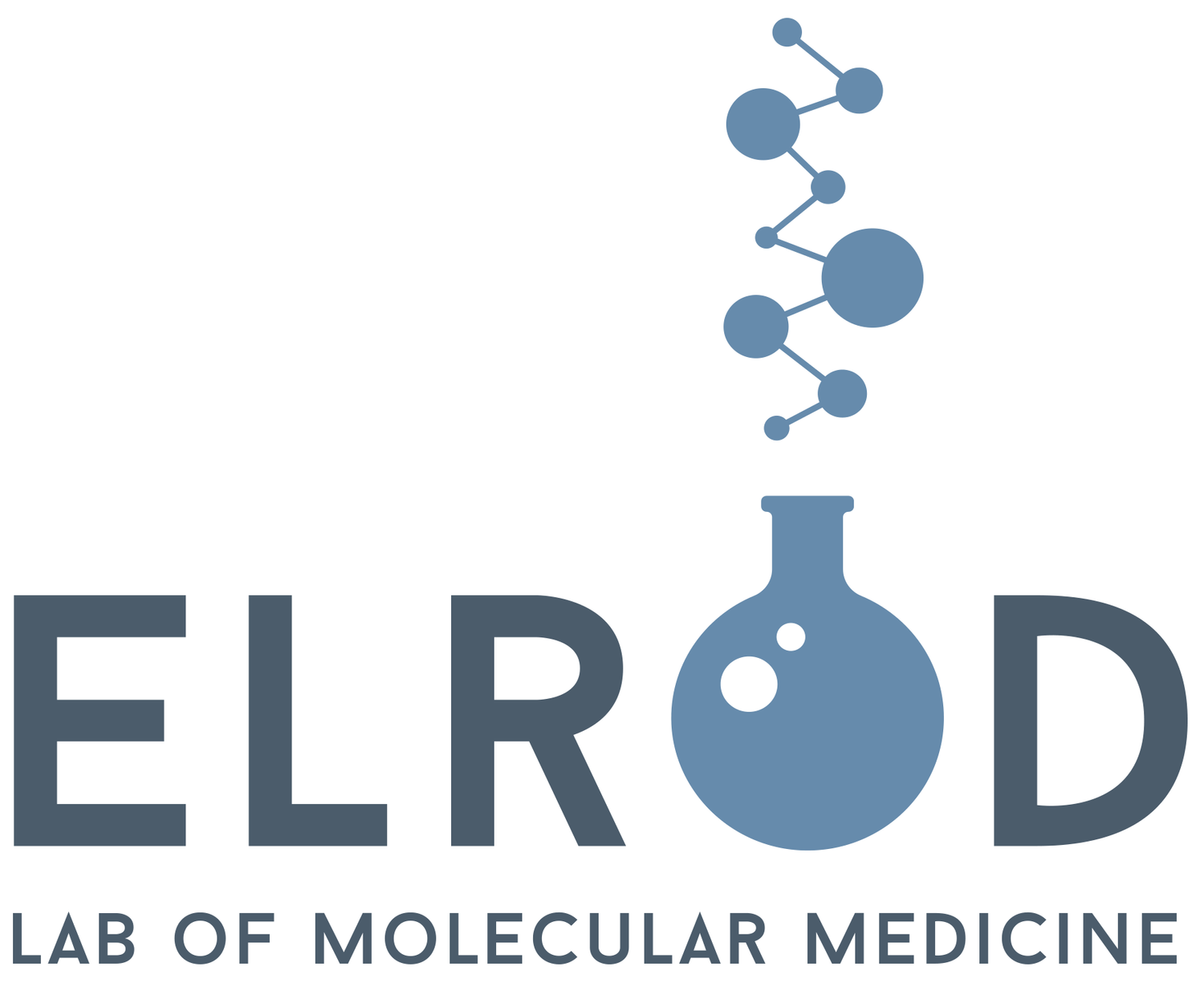Alyssa’s thesis work was published in the October issue of Nature Communication.
"Our experiments show that the accumulation of fibrotic cells results directly from mitochondrial calcium-dependent genetic reprogramming involving α-ketoglutarate, which changes the structure of chromatin, or DNA packaging - a phenomenon referred to as epigenetics, that is important in regulating gene expression," Dr. Elrod said. This the first time that extracellular signals directly modifying mitochondrial function have been linked to alterations in the cell nucleus for the formation of myofibroblasts.
"The key finding that a change in mitochondrial calcium uptake plays a central role in metabolic and genetic reprogramming presents new opportunities for investigation," explained Dr. Elrod. "We hope that the new pathways we've identified as essential to myofibroblast formation can be manipulated to treat fibrotic disease."

